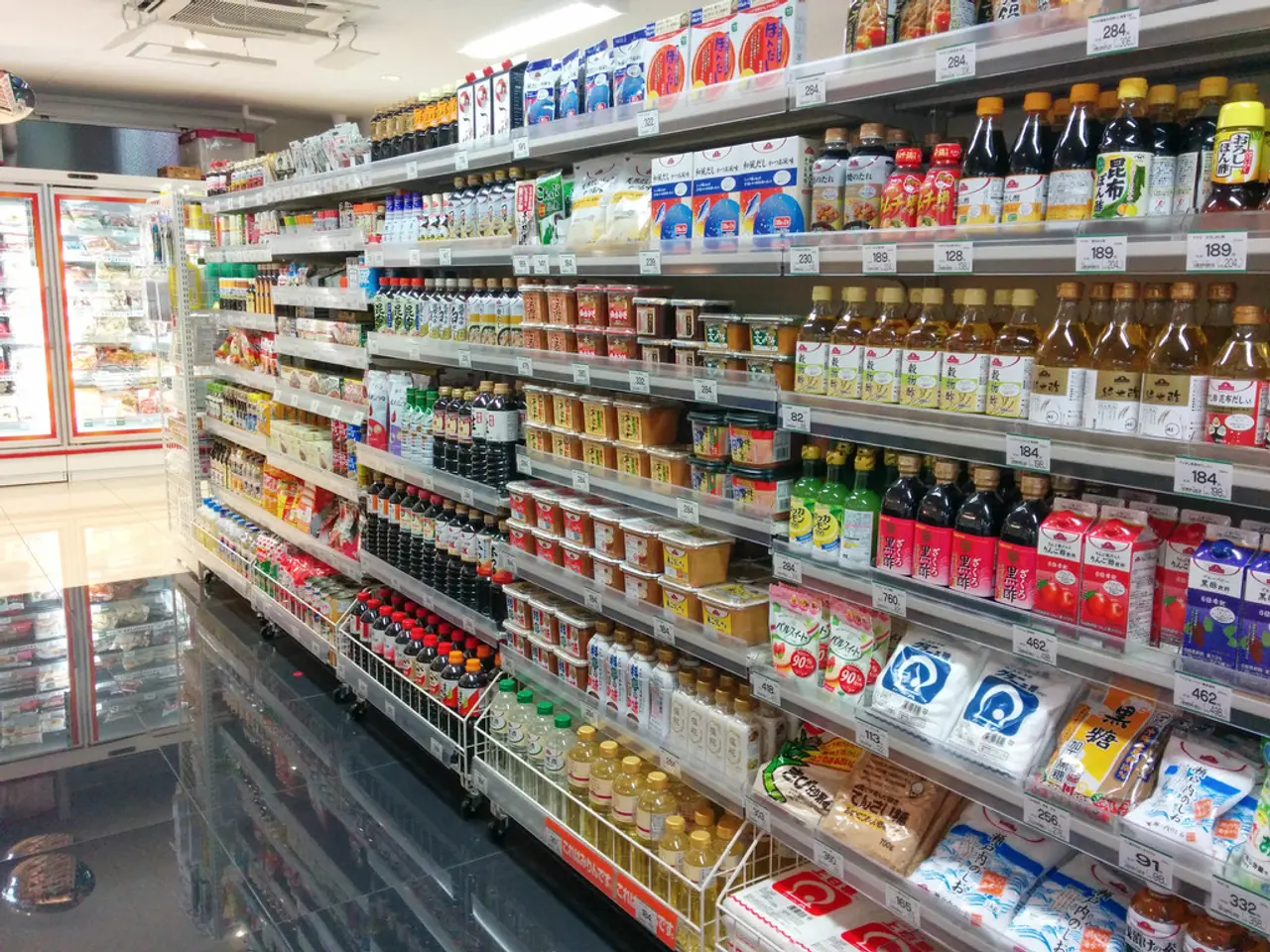Ready for trade negotiations with Canada
In a move that could have significant implications for trade relations between the US and Canada, President Donald Trump has announced an increase in tariffs on Canadian imports.
Starting August 1, 2025, tariffs on Canadian goods will rise from 25% to 35%, with steel and aluminum facing even higher tariffs of 50%. These changes, enacted via an executive order addressing the flow of illicit drugs, particularly fentanyl, across the U.S.-Canada border, mark a significant escalation in the ongoing trade tensions between the two countries.
Goods not qualifying for preferential treatment under the USMCA (United States-Mexico-Canada Agreement) will be affected by these changes. Items transshipped to evade these tariffs will be subject to a punitive 40% tariff.
The announcement has sparked a strong response in Canada, with political and business leaders urging a firm retaliatory response rather than acquiescence. Ontario Premier Doug Ford has been vocal in his support for hitting back hard against the tariffs, reflecting a determined stance to protect Canadian economic interests. Canadian leaders have indicated a preference for no deal over a bad trade deal, suggesting resistance to Trump's tariff increases and ongoing trade pressure.
The market reaction in Canada has been one of rising uncertainty and pressure on trade sectors. No detailed data on financial markets' reaction to these tariff changes was found in the search results, but the political response suggests that these changes could have a significant impact on the Canadian economy.
Tariffs are customs duties levied on certain merchandise imports or a category of products. They are prepaid at the port of entry, unlike taxes that are paid at the time of purchase. While some economists argue that tariffs are necessary to protect domestic industries and address trade imbalances, others see them as a harmful tool that could potentially drive prices higher over the long term and lead to a damaging trade war by encouraging tit-for-tat tariffs.
At the time of the report, USD/CAD was up 0.07%, but the uptrend paused at the time of the report. The currency pair was trading near 1.3850. Trump mentioned the possibility of speaking with Canadian Prime Minister Mark Carney later in the evening, indicating a potential avenue for dialogue and resolution of the trade dispute.
During the run-up to the presidential election in November 2024, Donald Trump made it clear that he intends to use tariffs to support the US economy and American producers. The ongoing tariff dispute with Canada is a testament to this approach, with the President continuing to employ tariffs as a tool of protectionism, along with trade barriers and import quotas.
This development in US-Canada trade relations is a complex issue with far-reaching implications. As the situation unfolds, it will be interesting to see how both countries navigate these challenges and what impact these tariff changes will have on the global economy.
[1] Source: White House Executive Order [2] Source: USMCA Agreement [3] Source: Canadian Government Statement
- Political and business leaders in Canada have expressed concerns over the increase in tariffs on Canadian imports, urging a firm retaliatory response rather than acquiescence, reflecting a determined stance to protect Canadian economic interests.
- The rise in tariffs from 25% to 35% on August 1, 2025, and even higher tariffs on steel and aluminum, enacted via an executive order addressing illicit drugs, may lead to a significant escalation in the ongoing trade tensions between the US and Canada.
- As the situation unfolds, the tariff changes could have a significant impact on the Canadian economy, potentially driving prices higher over the long term and leading to a damaging trade war by encouraging tit-for-tat tariffs.
- In the realm of wealth management and personal finance, the ongoing tariff dispute between the US and Canada could result in increased uncertainty for investors, affecting business confidence and potentially impacting financial markets.
- While some economic policies suggest that tariffs are necessary to protect domestic industries and address trade imbalances, others view them as a harmful tool in light of wars and conflicts, as they could potentially lead to policy and legislative changes backed by political interests in the context of general news.




